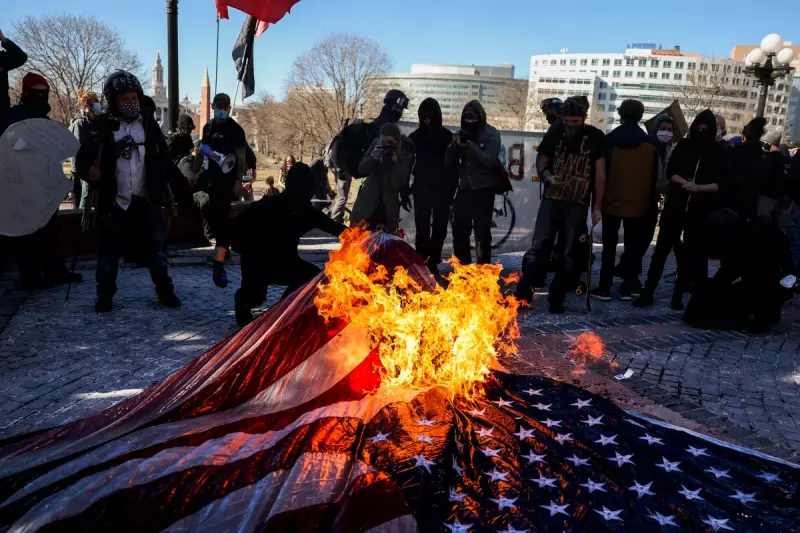
Former US President Donald Trump has provocatively demanded that anyone who desecrates the American flag should face immediate arrest and be stripped of their citizenship. The controversial statement, made on his Truth Social platform, signals a radical hardline approach and sets the stage for a major constitutional clash should he return to power.
A Direct Challenge to the First Amendment
Trump's incendiary proposal directly contravenes a landmark US Supreme Court ruling. In the 1989 case Texas v. Johnson, and reaffirmed in 1990, the Court explicitly ruled that burning the flag is a form of symbolic speech protected under the First Amendment. Any law punishing the act would be unconstitutional.
"Nobody should be allowed to burn the American flag - if they do, there must be consequences - perhaps loss of citizenship or a year in jail!" Trump wrote, echoing sentiments from his 2016 presidential campaign where he floated similar ideas.
Reactions and Legal Realities
Constitutional experts and civil liberties groups were swift to condemn the statement, labelling it a direct assault on free speech principles. Such an executive order would be instantly challenged in the courts and almost certainly struck down.
The move is widely seen as a calculated effort to rally his political base around a potent symbol of national identity. By focusing on flag burning, Trump taps into deep-seated emotions about patriotism and respect for national symbols, a theme that has long been a cornerstone of his political messaging.
Historical Context of a Perennial Debate
The debate over flag protection is not new. It has flared up periodically throughout American history, often during times of intense political protest:
- 1989: The Supreme Court's Texas v. Johnson decision invalidates laws against flag desecration in 48 states.
- 1990s-2000s: Multiple attempts to pass a constitutional amendment banning flag burning fail in Congress, narrowly missing the required two-thirds majority.
- 2016: Then-candidate Trump advocates for legal punishment for flag burners, stating they should face "loss of citizenship or a year in jail."
Trump's latest comments ensure that the tension between national symbol protection and the right to protest will remain a fiercely contested issue in the American political landscape.





